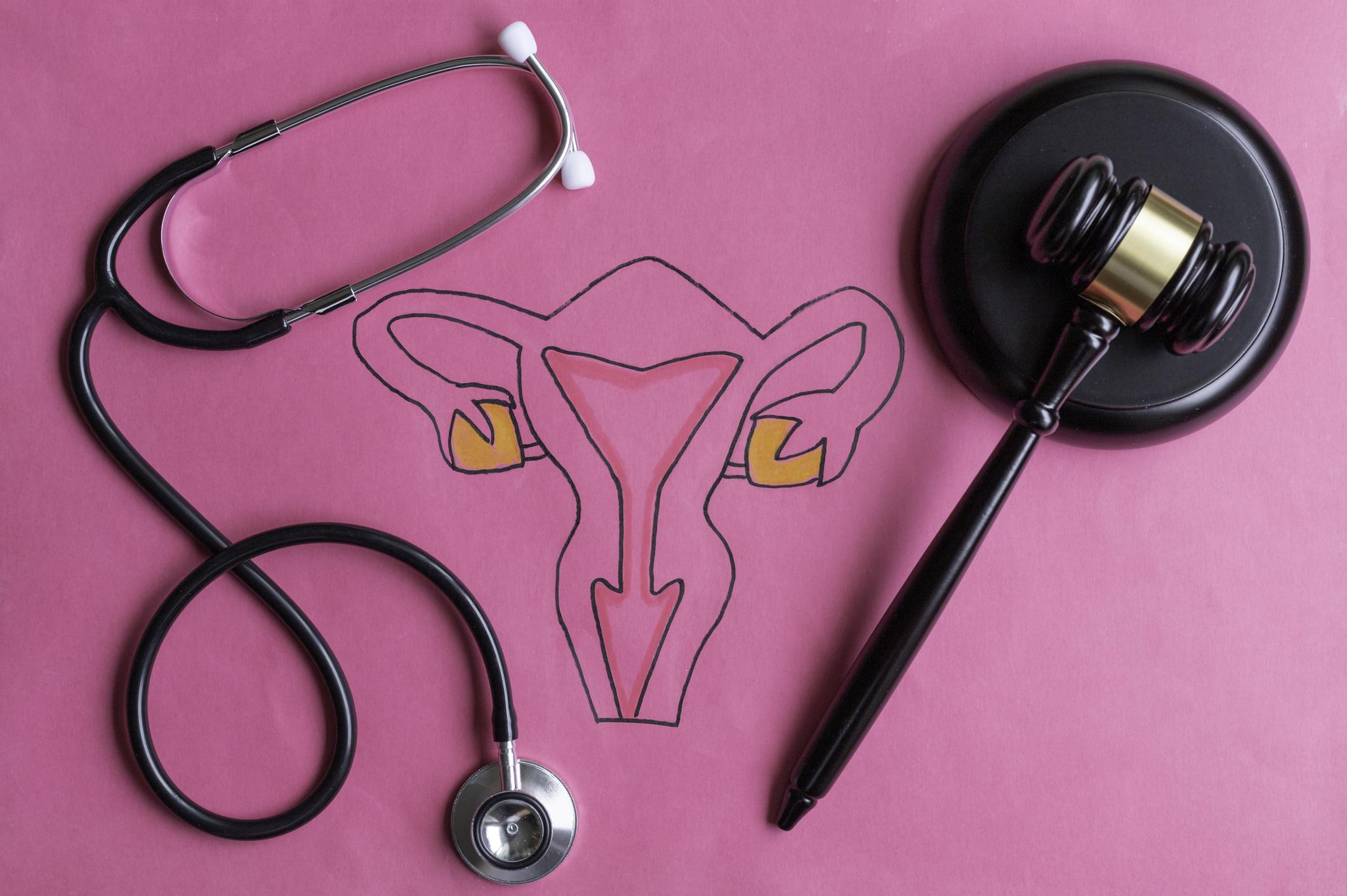The Supreme Court has agreed to study a recently failed law in Mississippi which plans to prohibit voluntary terminations of pregnancy after 15 weeks.

- The examination of the file must be done from October for a decision expected by June 2022.
- This wants to prohibit any abortion after 15 weeks, when the first heartbeat of the embryo is detected.
The decision already bristles the defenders of the right to abortion. This Monday, the US Supreme Court agreed to consider a law passed and then challenged in Mississippi which plans to ban voluntary terminations of pregnancy (abortion) after fifteen weeks. If it deems this law valid, the instance, with a conservative majority, would pave the way for other states to restrict abortions. The examination of the file must be done from October for a decision expected by June 2022.
A divisive decision
The symbolic date of 15 weeks – against 20 currently – corresponds to the detection of the first heartbeat of the embryo. Passed in 2018, the law, which bears the name “Heartbeat Bill” (text of the heartbeat, editor’s note) was then blocked at first instance and then on appeal. “Alarms are ringing loudly in the face of this threatimmediately commented Nancy Northup, the president of the Center for Reproductive Rights who took legal action against the law. The Supreme Court has just agreed to study a text which, without a doubt, violates almost 50 years of its own decisions.”
The choice of the Supreme Court was not motivated, contrary to custom. However, the body indicated that it would only rule on a legal question: “Are all prohibitions on abortion before viability (of the foetus) unconstitutional?“This choice was immediately welcomed by those opposed to abortion. “This is a historic opportunity for the Supreme Court to recognize the right of states to protect unborn children from the horrors of painful and late abortions.”, hastened to react Marjorie Dannenfelser, the president of the pro-life group Susan B. Anthony List.
In the United States, the trend is to restrict
This decision is further proof that abortion strongly divides the American population while the rights to abortion tend to decline in several jurisdictions of the country. On March 9, Arkansas thus passed a law which quite simply aims to prohibit abortion, even in cases of rape or incest. The only exception provided for in the text, which should not come into force before the summer, is for “saving the life of the mother during a medical emergency”. “The purpose of this law is to prepare the ground for the Supreme Court to overturn current case law,” explained the governor of Arkansas. In 2019, fourteen American states signed laws to limit access to abortion.
In France, the extension to 14 weeks gets stuck
In France, the question is the subject of numerous tussles in the Assembly. Last February, the PS withdrew a text which proposed to increase the legal period to 14 weeks, against 12 currently, in the face of hundreds of amendments tabled by the right. The carriers of this law, the deputies Marie-Noëlle Battistel (PS) and Cécile Muschotti (LREM), considered that extending the period allowed “to prevent women facing difficulties at the start of the process (medical wandering, excessively long appointment times, etc.) from finding themselves out of time and unable to have an abortion performed in France.”
Several health professionals have expressed their opposition, in particular because at 14 weeks of pregnancy, the fetal skull is already formed. A vision shared by the Academy of Medicine which ensured, in a press release published on October 10, 2020“that by extending this period to sixteen weeks of amenorrhea (absence of menstruation) – i.e. fourteen weeks of gestation – we increase the use of surgical maneuvers which can be dangerous for women and of greater dilation of the cervix, likely to cause long-term complications, such as premature delivery.” For the institution, this measure would even be counter-productive, since it “does not respond to any legitimate request from women who, on the contrary, hope for faster care, with the risk of increasing the delay of their process.”
.















